Nature Abhors a Vacuum
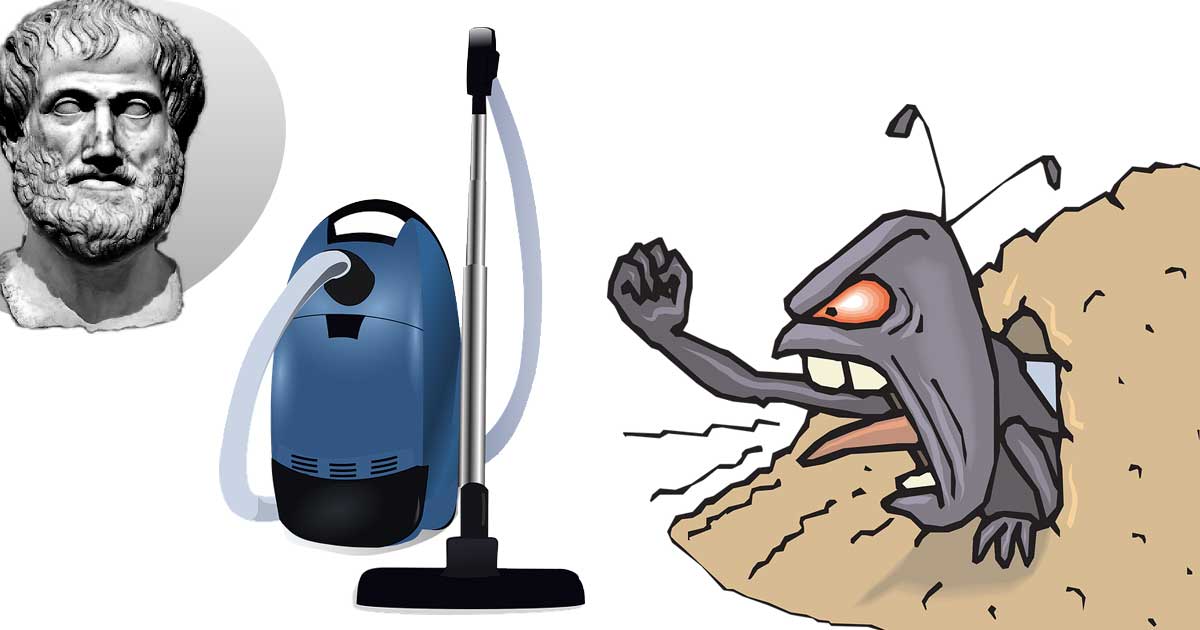
Aristotle once postulated “horror vacui” (Nature Abhors a Vacuum). It turns out nature really can’t stand a perfect vacuum.
History is the study of events that have occurred in the past.

Aristotle once postulated “horror vacui” (Nature Abhors a Vacuum). It turns out nature really can’t stand a perfect vacuum.
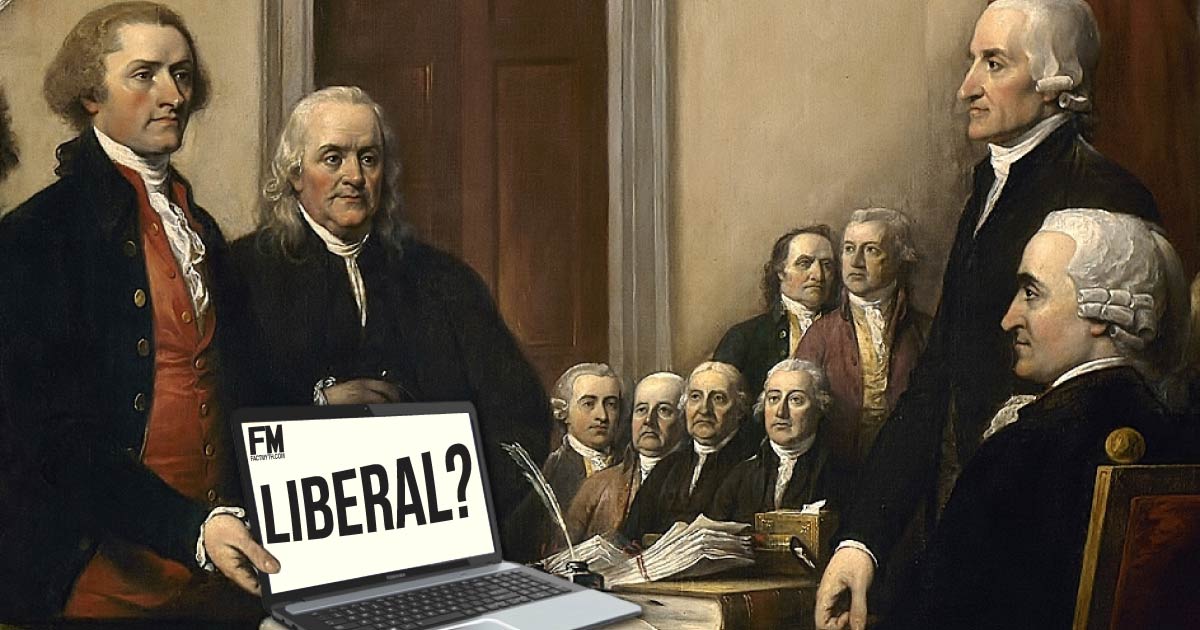
The Declaration of Independence was voted on July 2nd, 1776 and signed July 4th, 1776, but independence wasn’t officially gained until the signing of the Treaty of Paris on September 3, 1783.

The Federalists and Anti-Federalists were the first political factions of the U.S.. They arose out of a debate over the ratification of the 1787 Constitution and went on to form the basis of our current two-party system.
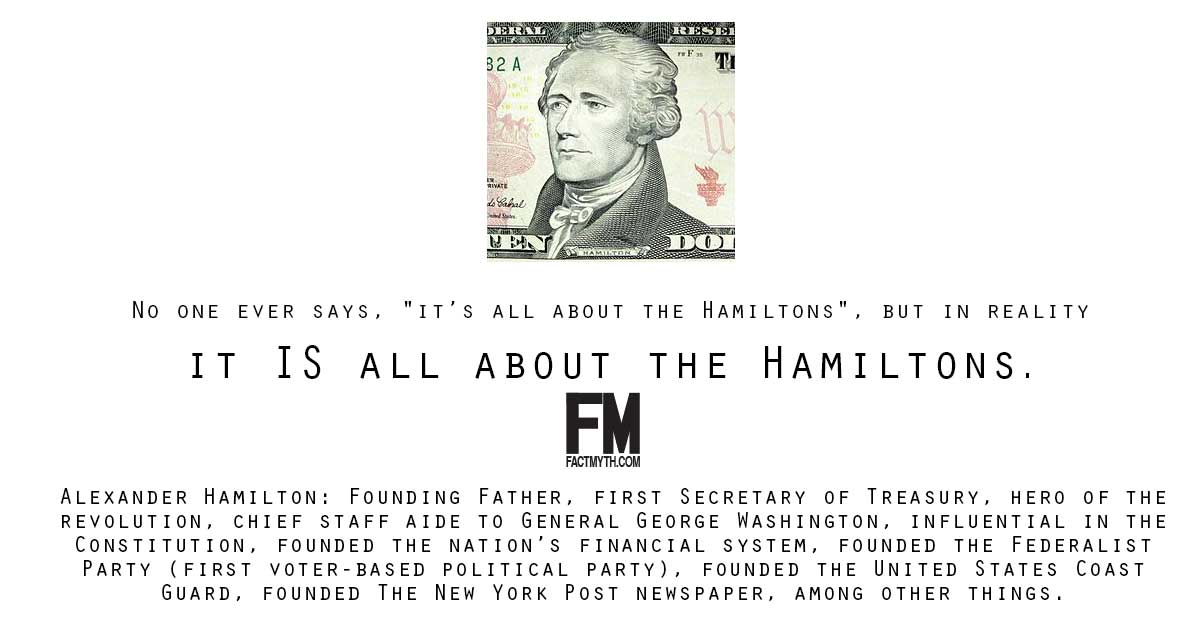
Alexander Hamilton founded the Federalist Party, the world’s first voter-based political party, which helped shape America’s economic policy and power structure.
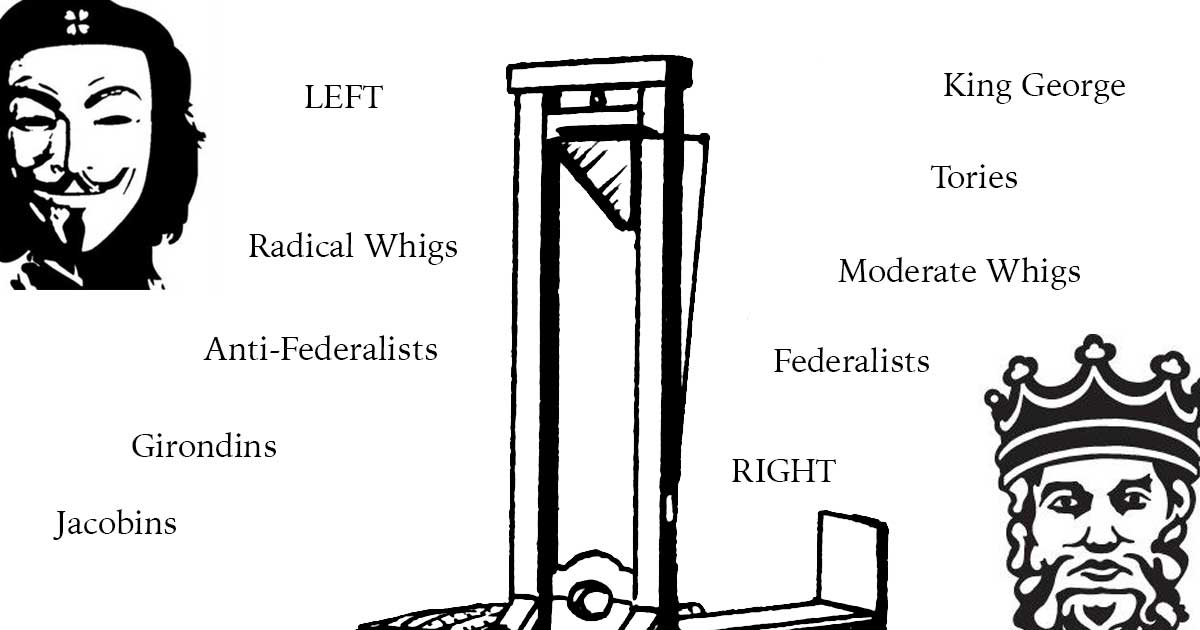
The modern usage of the political terms left and right comes from the French Revolution of 1789 when supporters of the king stood to the president’s right, and supporters of the revolution to his left.
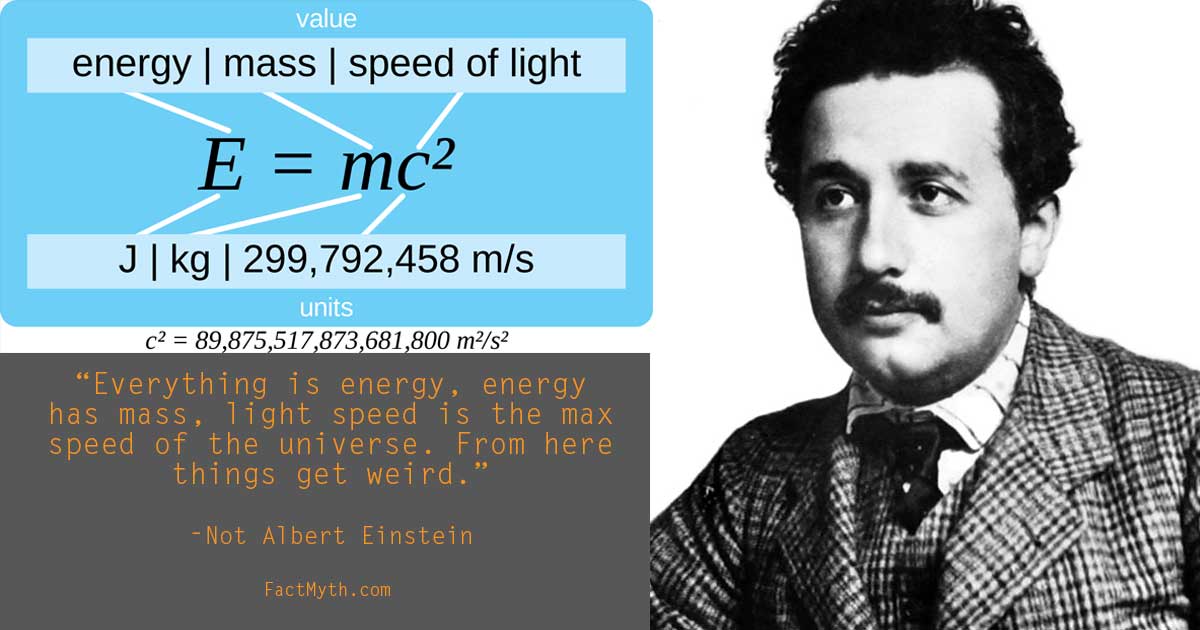
Einstein wasn’t a poor student. Despite minor troubles in French and the Humanities, Einstein was a prodigy in math and physics from a young age.
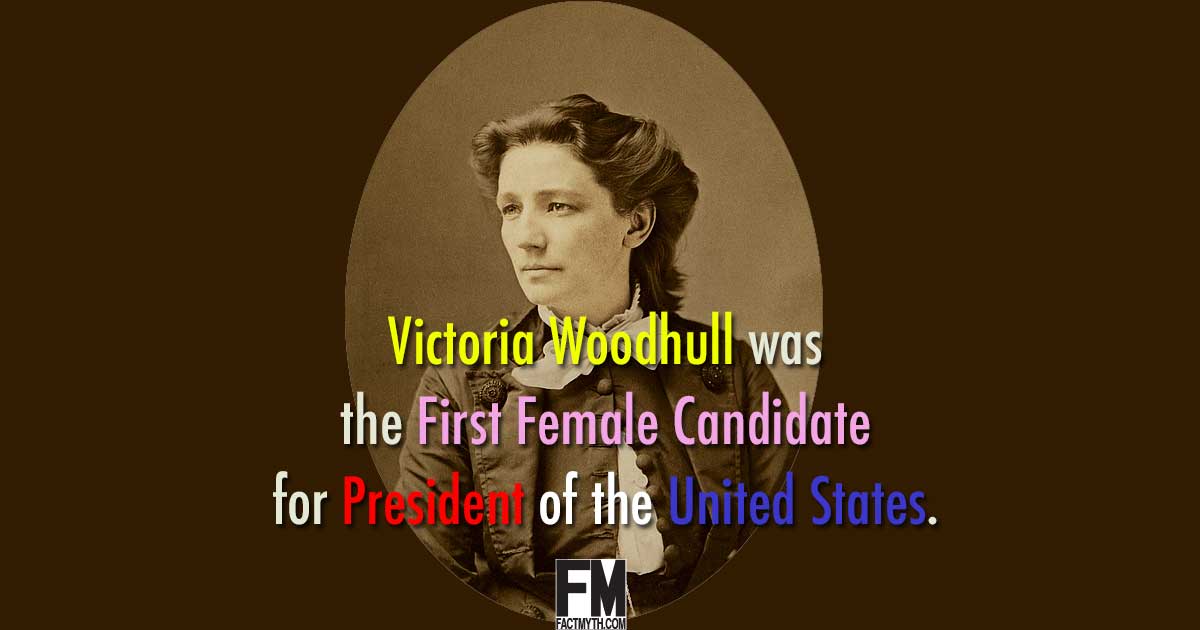
Victoria Woodhull, an American leader of the woman’s suffrage movement, became the first female candidate for President of the United States in 1872.

The point of the Second Amendment is to secure a free-state via a well-regulated state-run militia. Thus, people have the right to keep and bear arms.
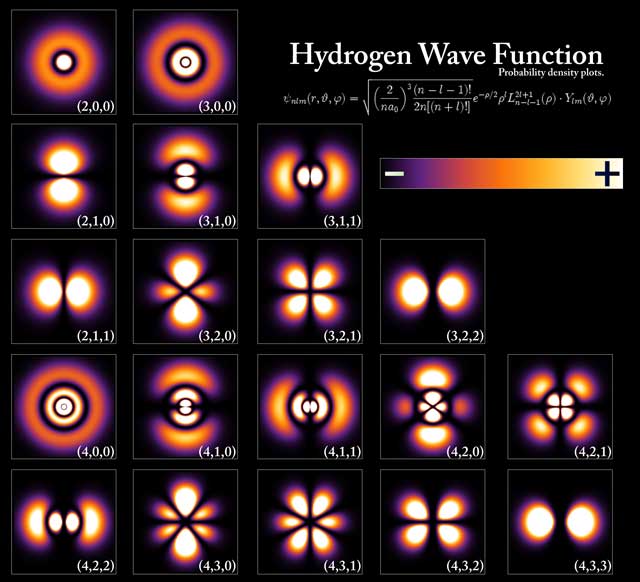
When the plutonium bomb to be dropped on Nagasaki was tested, the Manhattan Project scientists made a bet on whether or not it would destroy the world.
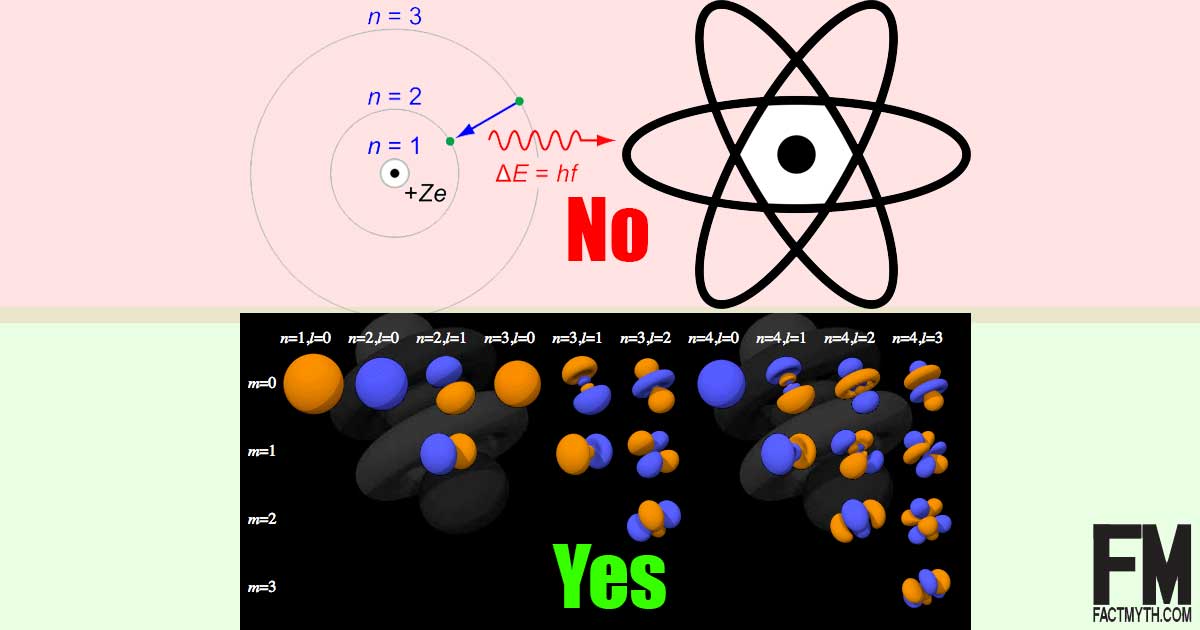
The Bohr model of the atom (1913), the one that looks like a solar system, has been replaced by the more accurate Quantum Model of the atom since 1927.